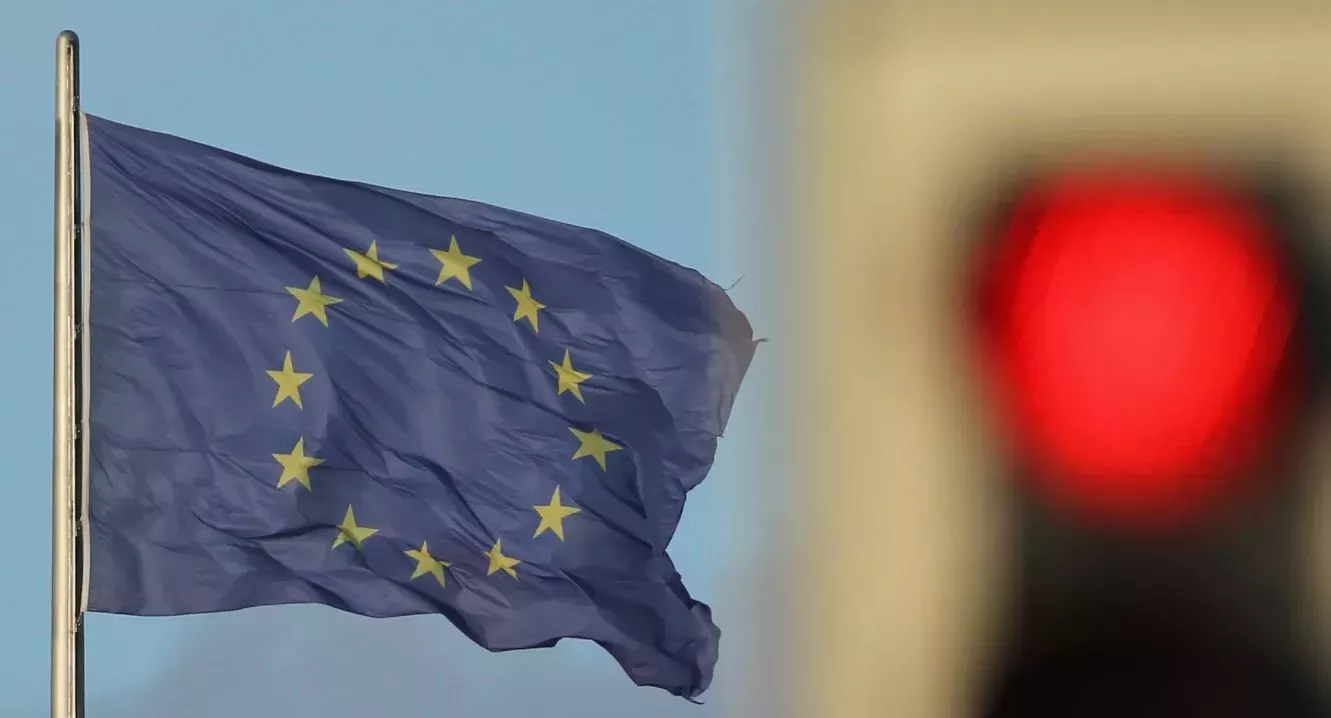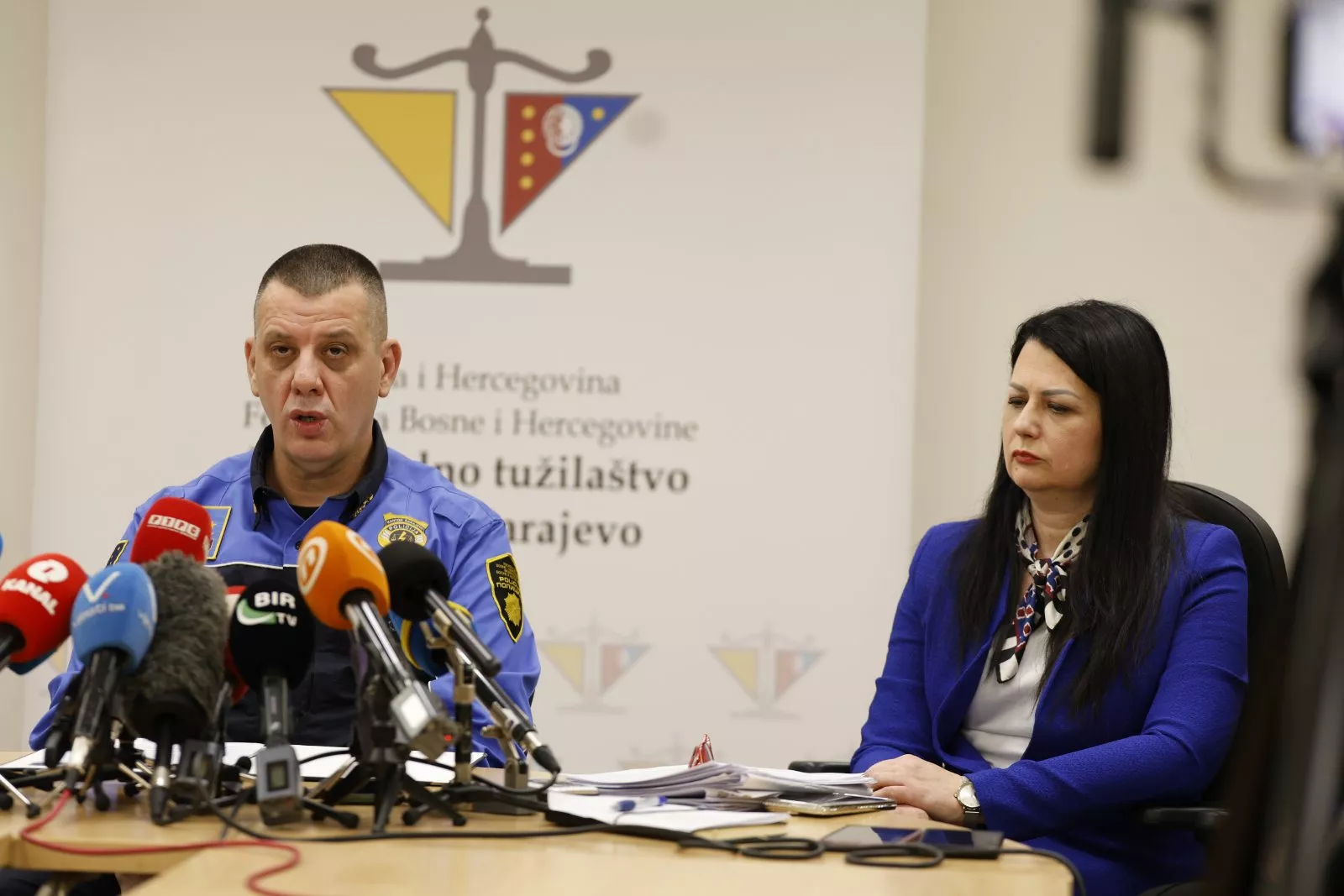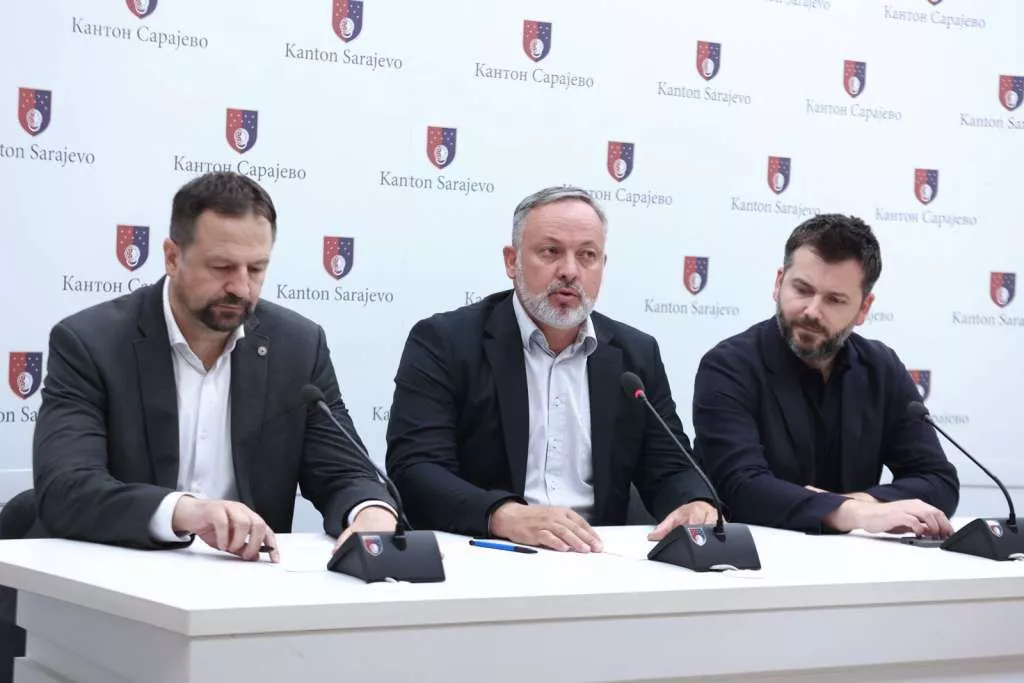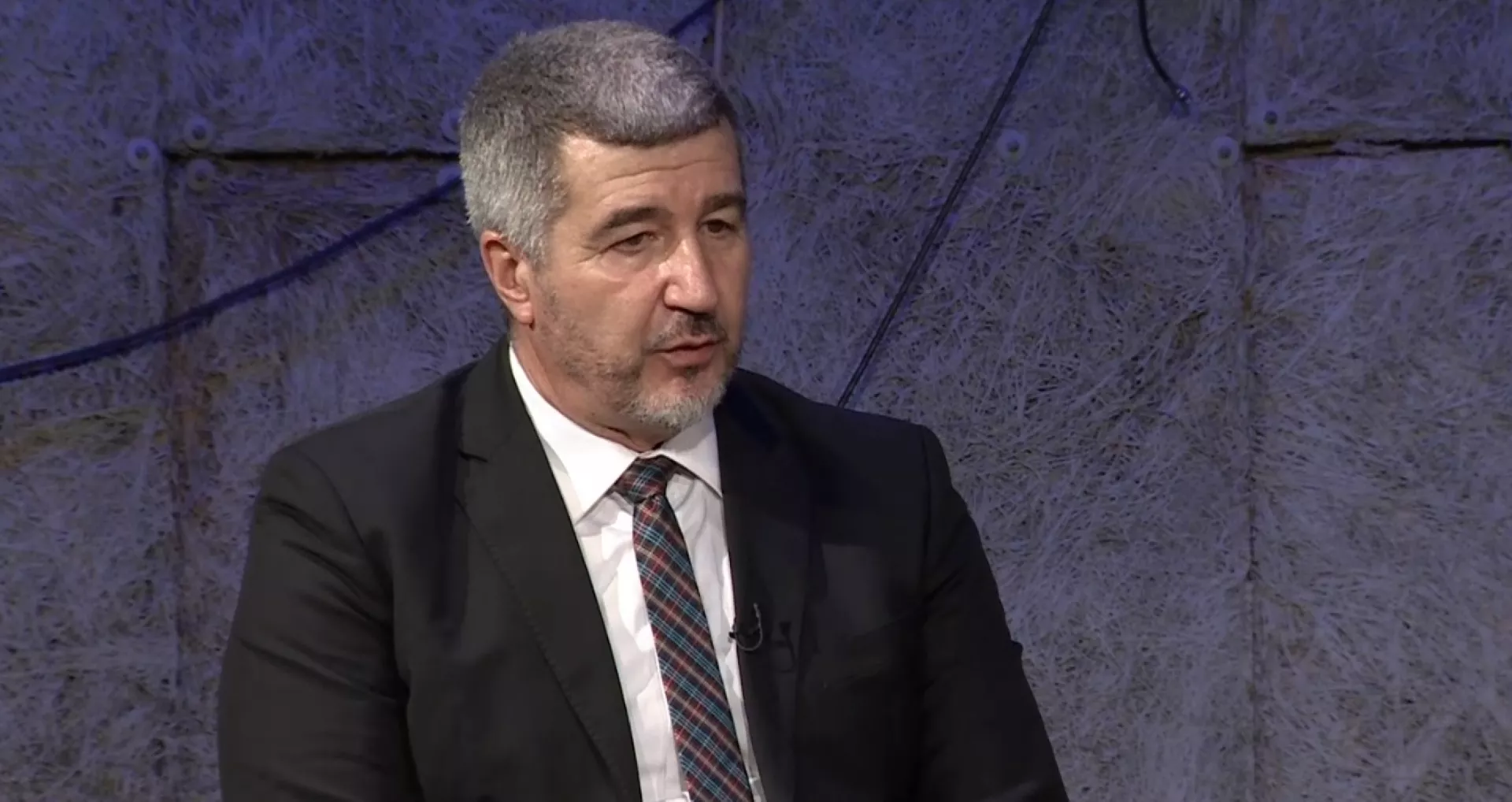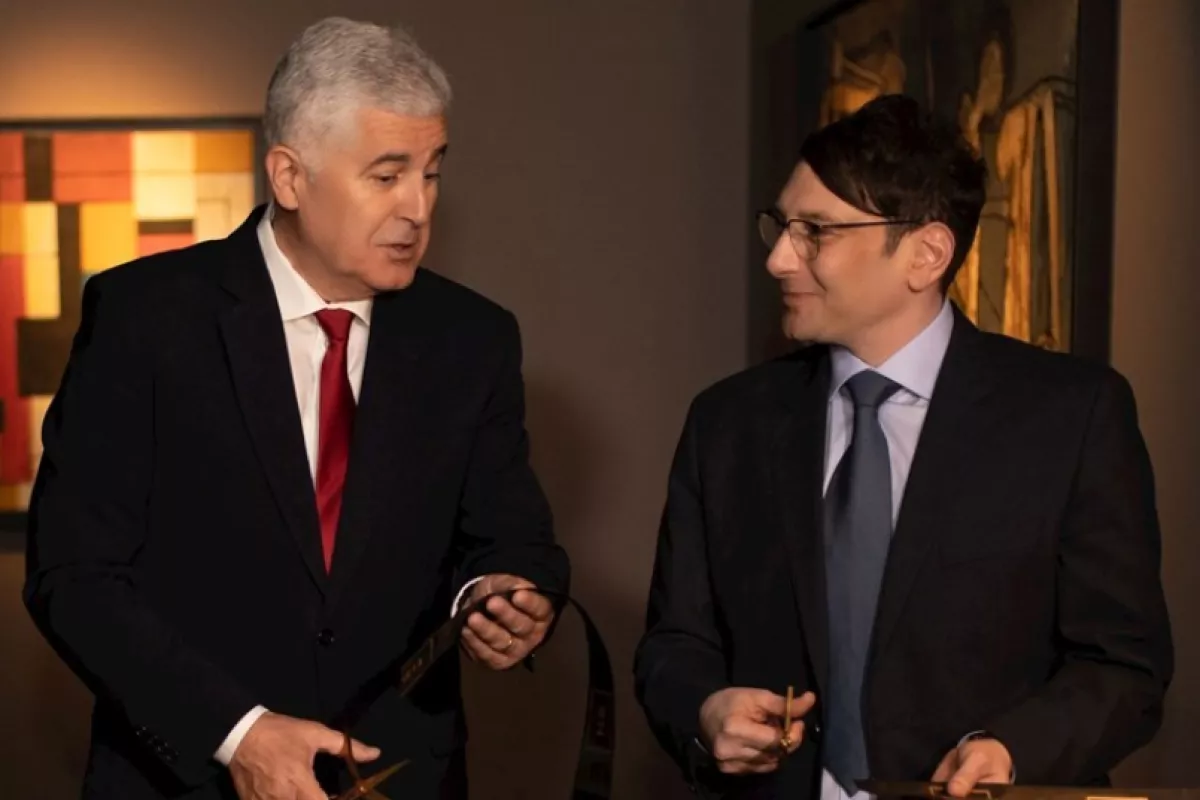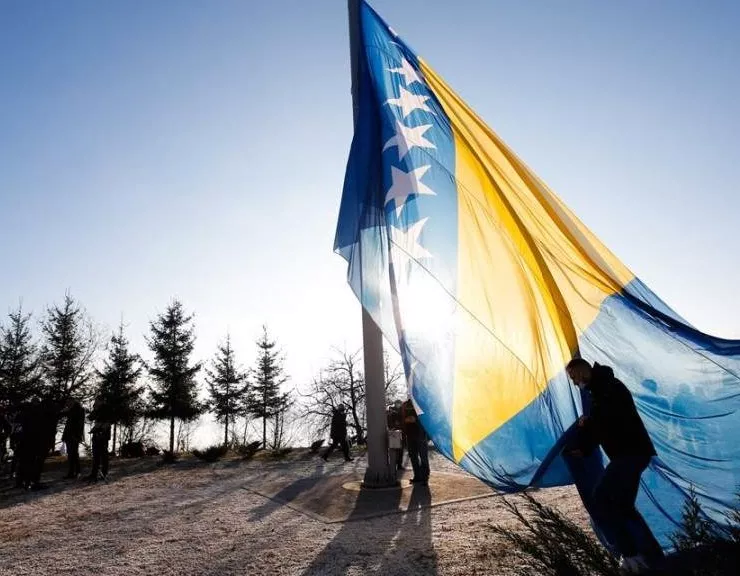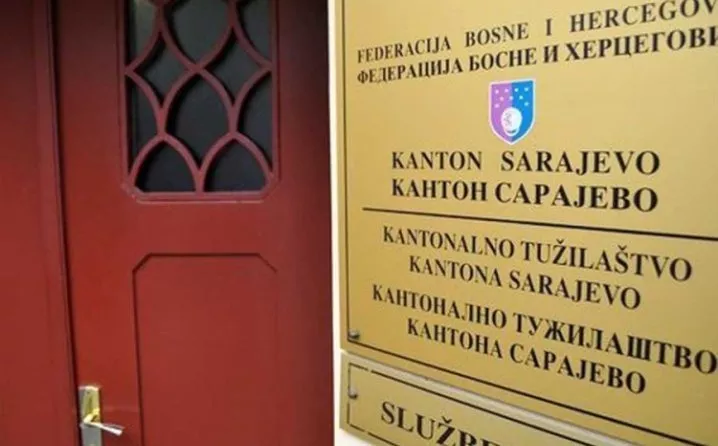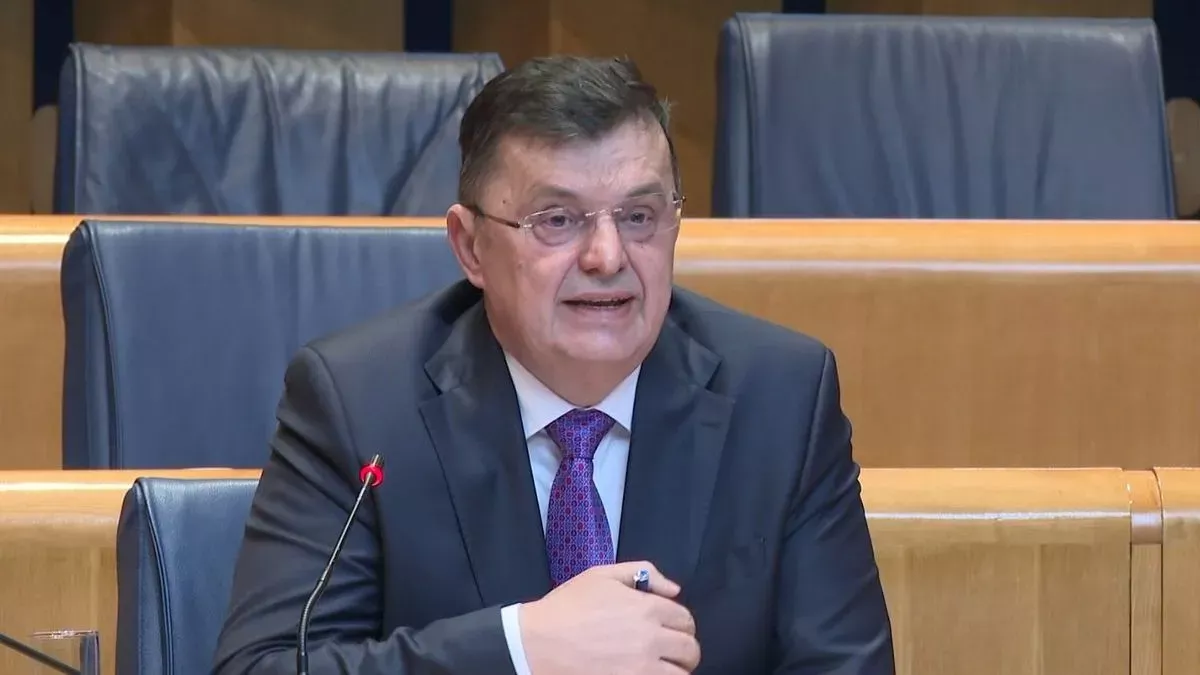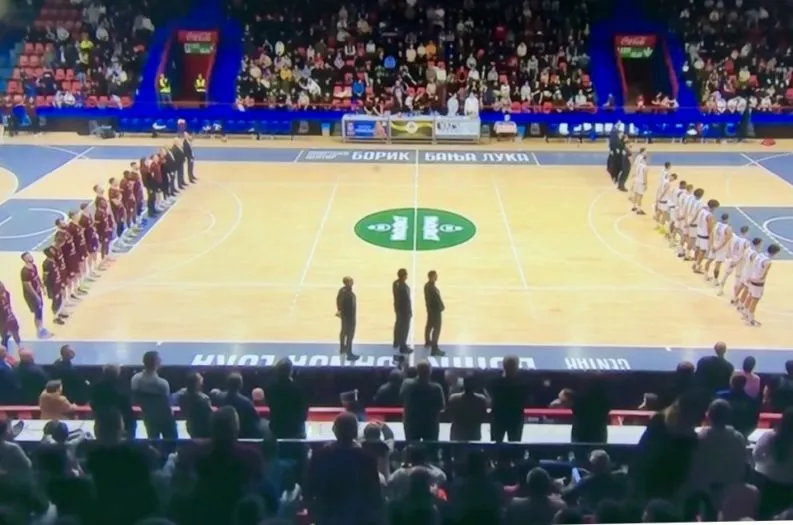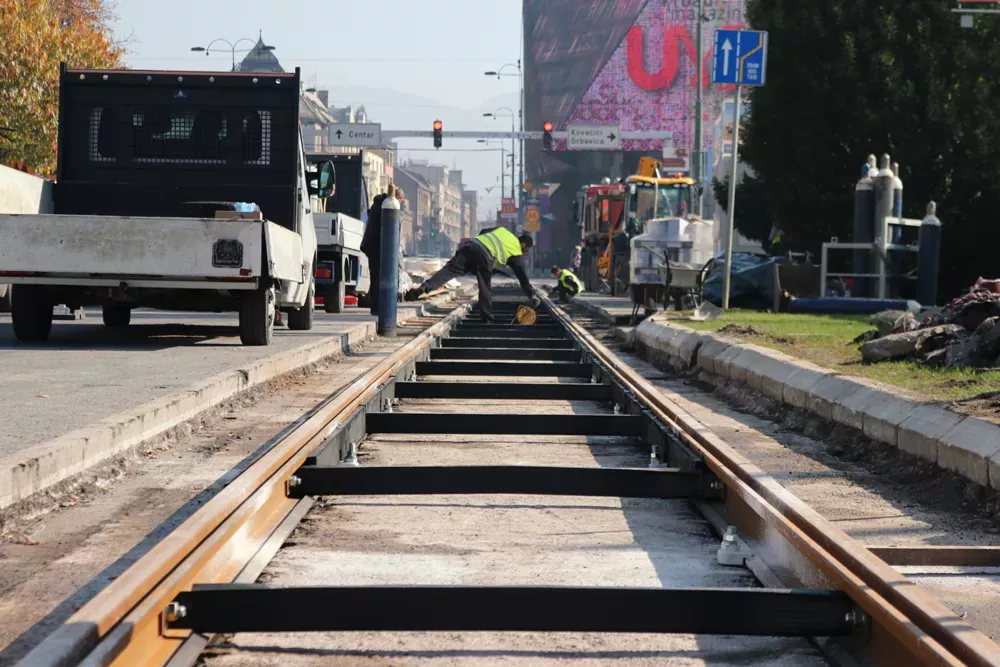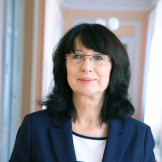

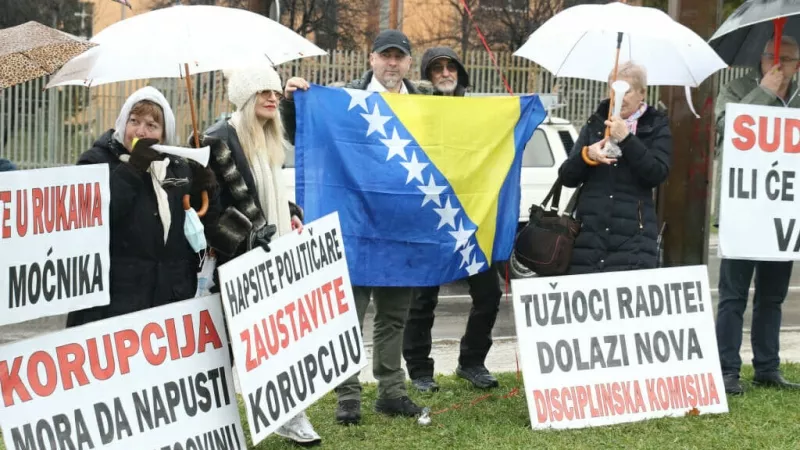
Ernad Metaj
Judicial institutions in BiH are still doing little or nothing to protect the constitutional order in BiH, and the results of work in other areas, especially the fight against corruption, are still far from expectations. The hearings of politicians in the NSRS started (and pompously so) due to the suspicion that they were undermining the constitutional order by transferring competencies, and then it all stopped. SNSD President Milorad Dodik and RS President Željka Cvijanović were not questioned.
The Prosecutor's Office of BiH has only scant information about this. Acting Chief Prosecutor Milanko Kajganić in his first appearances announced better results in corruption and war crimes cases. He did not comment on the violation of the Constitution. The President of the HJPC (VSTV), Halil Lagumdžija, also remained undecided relative to the priority of cases for violating the constitutional order of BiH. The alibi is that the HJPC does not want to interfere in the work of the Prosecutor's Office of BiH.
The President of the Constitutional Court of BiH, Mato Tadić, is also careful in his assessments. He publicly said that no one was responsible for the eight verdicts of this court that were not implemented. The Constitutional Court of BiH informed the Prosecutor's Office of BiH about the non-compliance relative to his verdicts, but the problem is that nothing more has been done. The Constitutional Court of BiH has the right, and it should have the obligation to report the failure of the Prosecutor's Office of BiH to act. Tadić does not tell why this is not being done, and no one is asking him.
Reporting to the disciplinary prosecutor is a legal remedy that protects the principle of professionalism and impartiality of the judiciary, which is unfortunately seldom used. If the Constitutional Court of BiH itself does not want to protect its competencies and functionality, so can the disciplinary prosecutor, and due to the inaction of the Prosecutor's Office of BiH in these cases, the HJPC could also be dealt with. Ignoring these facts, but also the bad results of prosecutors, became a threat to the HJPC itself, because it could only become a victim of the anti-constitutional moves in the NSRS. It is an objective question of the ability and strength of the HJPC to defend itself through the Prosecutor's Office of BiH, because at the very discussion on the possibility of the RS forming its HJPC, a heated debate took place which had no legal character. The members of the HJCP do not know or do not want to know what the HJPC can do for itself, but President Lagumdžija is sure that ‘trading in justice would be the first and final step towards overthrowing the state’. Unless he unknowingly made a mistake in the interpretation, Lagumdžija's position is worrying because the first step (and even more of them) has already been made - it is only that the judiciary does not react in an adequate way.
Strong political influence on the HJPC over the years has limited the ability and possibility of this institution to operate, which has resulted in poor staffing in the judiciary. This has been openly criticized in the reports of international experts, and recently the President of the HJPC admitted that himself when making comments on the fact that chief state prosecutors do not usually complete their mandate. In his opinion, it turned out that they should not have been appointed in the first place because their expertise and experience were questionable.
The Dutch judge Kees van der Weide, who worked as an advisor in this institution at the initiative of the EU, explained what the judiciary is like with his view of the HJPC.
‘I noticed how deeply this institution, although conceived as an independent body, is part of a game that paralyzes itself and its performance’, Kees said as he was leaving BiH.
About the work results of the new acting Chief Prosecutor in BiH Milanko Kajganić, it is too early to say. Activities on war crime cases have been intensified, there are slight advances in the fight against corruption, but it is evident that no results have yet been seen in preventing the spread of hatred, denying genocide, and a clear position of the BiH Prosecutor's Office on unconstitutional actions is also lacking.
That something is rotten in the judiciary has been confirmed by the US sanctions against individuals from BiH, which can be also interpreted as omissions of the Prosecutor's Office, which did not recognize visible signs of corruption and anti-state activities. In addition, after the celebration of the unconstitutional January 9th and the orgy of Chetniks in returnee settlements in the RS, the US Embassy in BiH called on the judiciary to do its job. It is simply not normal for people on the US blacklist in BiH to be ‘above the law’ as a rule, just as it is not normal for prosecutors to pretend to be blind to the fact that some individuals in BiH have become enormously rich.
As the judiciary seems to value the norm more than the gravity of criminal offenses, it is clear that the number of reports they will ‘bury’ themselves in - must be increased in order for them to start working. In addition, it is time to write more complaints about their work. It is a legal form of pressure on the judiciary that has been used very little thus far. That is why those who love BiH should be persistent and defend the state by legal means by forcing prosecutors and judges to do their job professionally, instead of being guided by the interests of Bosniak, Serb and Croat representatives.
